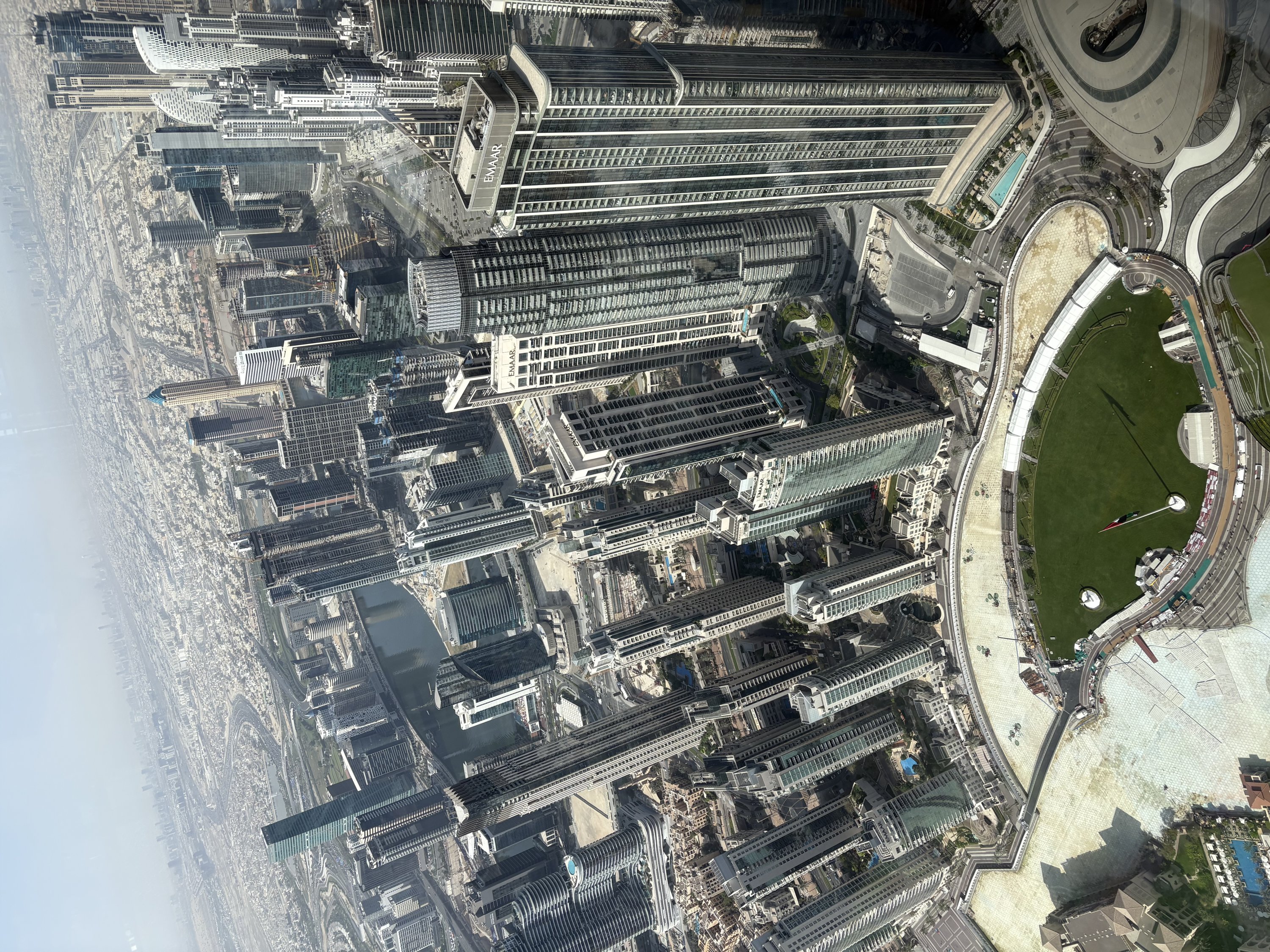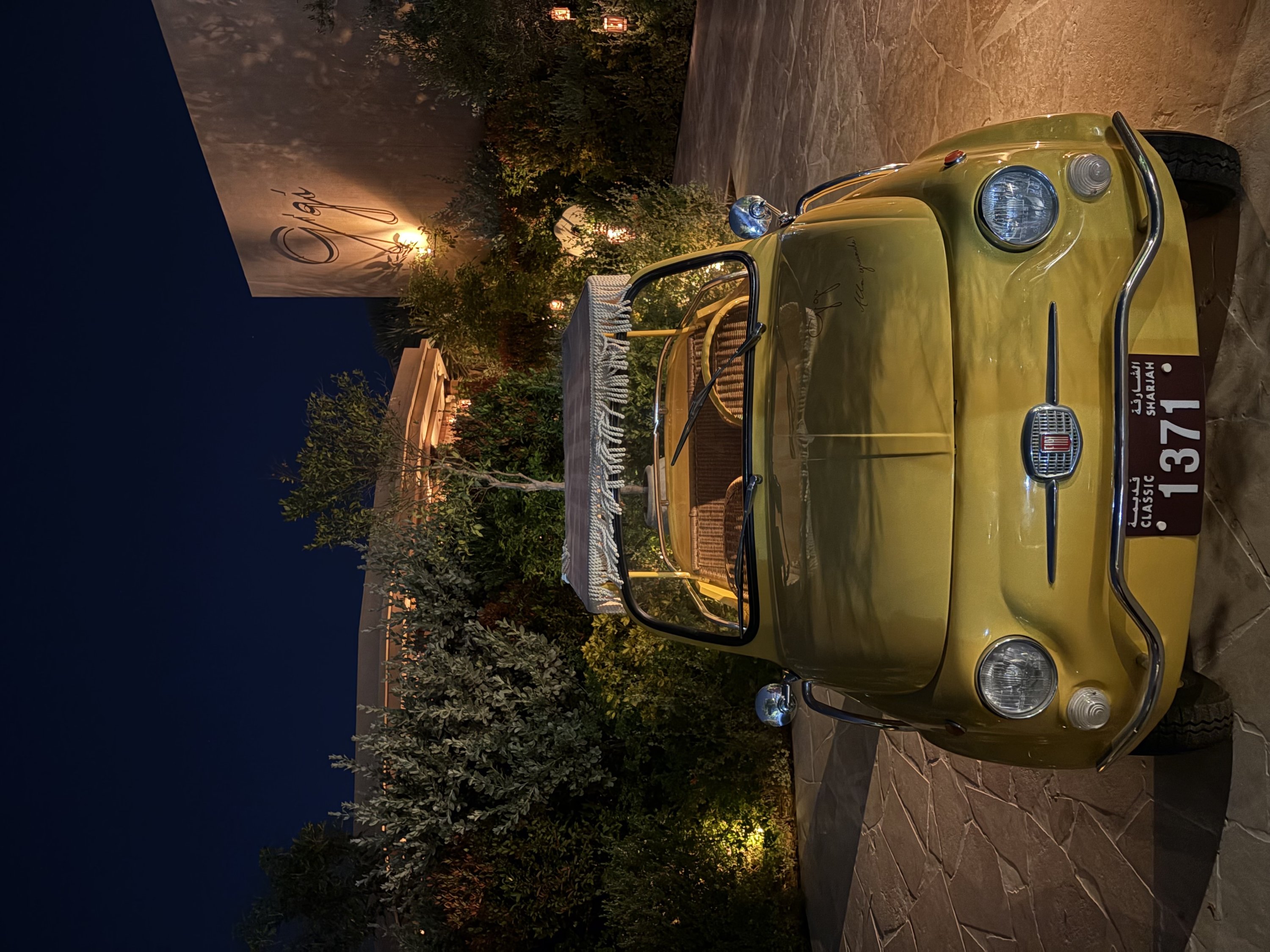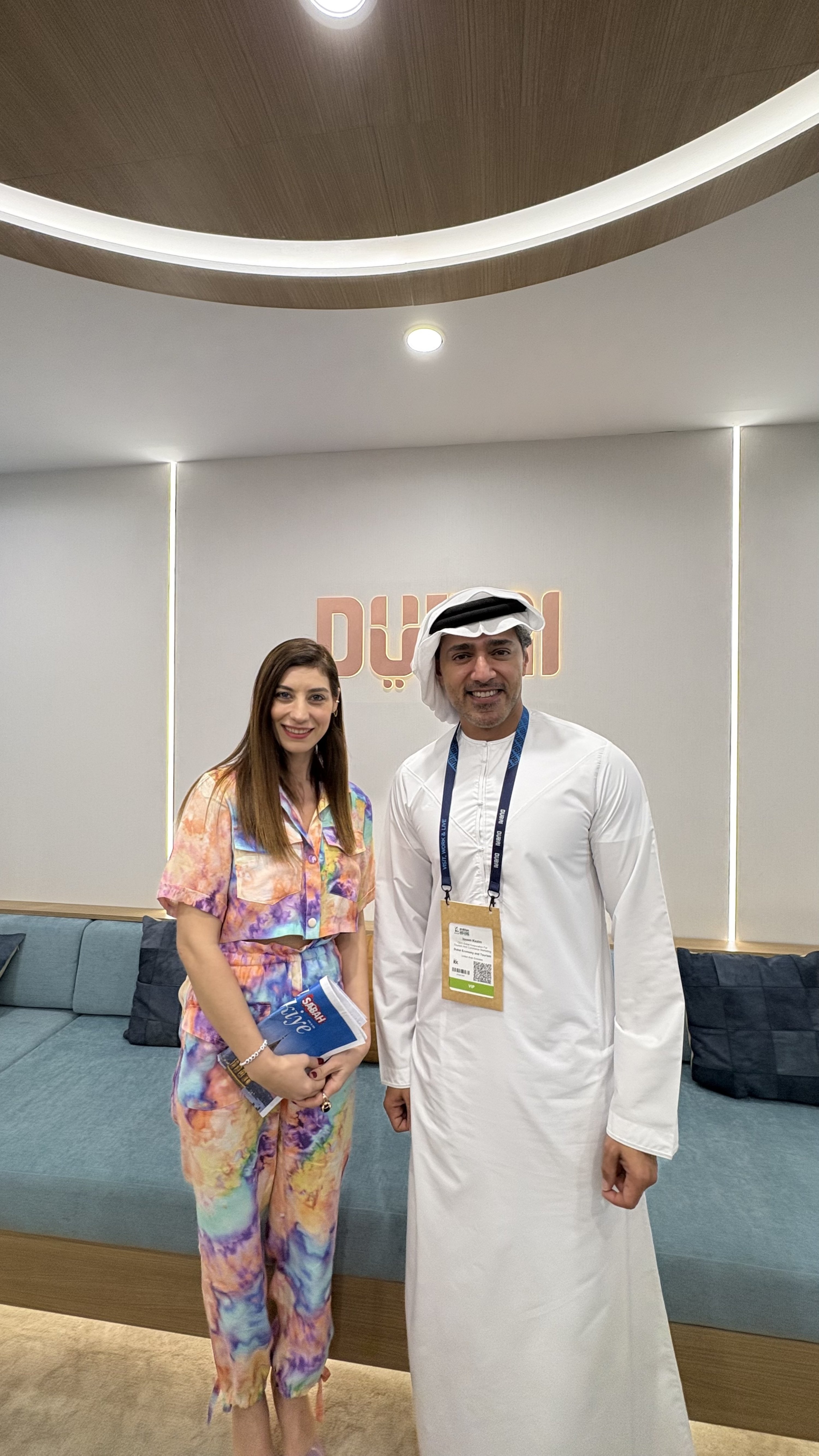© Turkuvaz Haberleşme ve Yayıncılık 2026
After the Arabian Travel Market (ATM) reached its peak, one thing became crystal clear: The future of tourism isn’t coming, it’s already here.
With participants from 166 countries, the halls of the Dubai World Trade Center were alive with possibility, innovation and bold new partnerships. Dubai is turning its gaze toward Türkiye, while Türkiye is making its mark in the heart of the Gulf, a cultural and commercial exchange like never before. From luxury beach clubs to iconic Turkish brands setting up shop in Dubai Mall, the summer ahead promises a wave of fresh experiences. So, what’s new for this season? Let’s dive in.

Dubai and Türkiye have become two powerhouses in tourism, not just as individual destinations but through a growing cultural and commercial exchange that benefits both sides. It’s no surprise that many Turkish travelers now see Dubai as a getaway. Once there, they are greeted by familiar flavors and names from Hafız Mustafa’s iconic desserts to the taste of brewed coffee at Espressolab. Turkish brands are proudly expanding into the Gulf, bringing with them not only products but the essence of Turkish hospitality. On the flip side, this summer, Dubai is coming to Bodrum quite literally. Several Dubai-based venues and lifestyle concepts are preparing to open their doors on the Aegean coast, turning Bodrum into a global playground. Even in the art world, the exchange is growing stronger. Sevil Dolmacı, one of Istanbul’s most prominent gallerists, has brought her gallery to Dubai, where interest in Turkish contemporary art is rapidly rising. This mutual movement signals more than tourism; it’s a cultural handshake between two regions redefining luxury, experience and connection.
At the heart of this momentum is Dubai, a city that seems to defy limits, constantly rewriting the rules of destination development. I had the chance to speak with Issam Kazim, CEO of the Dubai Corporation for Tourism and Commerce Marketing (DCTCM), and his insights into Dubai’s strategy reveal a model of success that’s both bold and sustainable.

“We had about 18.72 million overnight visitors in 2024, a 9% growth over the previous year,” Kazim told me. “And in the first quarter of 2025, we’re already 3% ahead of that. We keep raising the benchmark.” A large part of the tourism data I’ve learned is about Turkish people, which is truly exciting. Kazim also unveiled a series of ambitious projects that are set to define Dubai’s next tourism chapter. Among them: Palm Jebel Ali and Dubai Reefs, the world’s largest ocean restoration initiative, integrates environmental preservation with floating research labs, hospitality, and eco-residences. This visionary project repositions Dubai not just as a tourist destination but as a global steward for marine sustainability.
While Dubai’s ambitions are vast, they are equally rooted in collaboration. Over time, I’ve witnessed a fascinating cultural and economic exchange between Türkiye and Dubai. Turkish chefs bring their Michelin-starred brilliance to Dubai, enriching the culinary scene, while Dubai-based hospitality brands are eyeing Türkiye, particularly Bodrum, for their next ventures. For example, Maison Revka and Mimi Kakushi Sushi are both expected to launch in Türkiye soon and Gigi Rigolatto Dubai will be opening in Bodrum this summer, showcasing how naturally aligned the lifestyle currents between the two countries are. I recently enjoyed dining at The Guild Dubai, a Michelin-starred restaurant where the Turkish chef Burak Pazarlıoğlu dazzled with an exquisite tasting menu. The experience was unforgettable, and it’s clear why tourists flock here – it’s a must-visit spot for anyone seeking the pinnacle of fine dining. This growing exchange speaks to the seamless connection between the two destinations, blending culinary traditions, luxury and shared cultural appreciation.

During my recent visit to Dubai Mall, I stopped by Hafız Mustafa and was met with incredible warmth and attention, a reminder of how deeply Turkish brands are appreciated abroad. The store was buzzing with visitors, drawn to the rich, nostalgic flavors that Hafız Mustafa 1864 has preserved for over a century. It's not just about desserts; it’s about heritage. As a brand that masterfully blends tradition with global culinary trends, Hafız Mustafa continues to carry the taste of Türkiye into the heart of world capitals like London and Dubai, serving not only sweets but also a slice of our culture.
This isn't just tourism; it's an organic exchange of culture, cuisine, talent and investment. As I see it, we're entering a new phase where collaboration replaces competition and tourism becomes a bridge between cities like Dubai and destinations like Istanbul and Bodrum.
